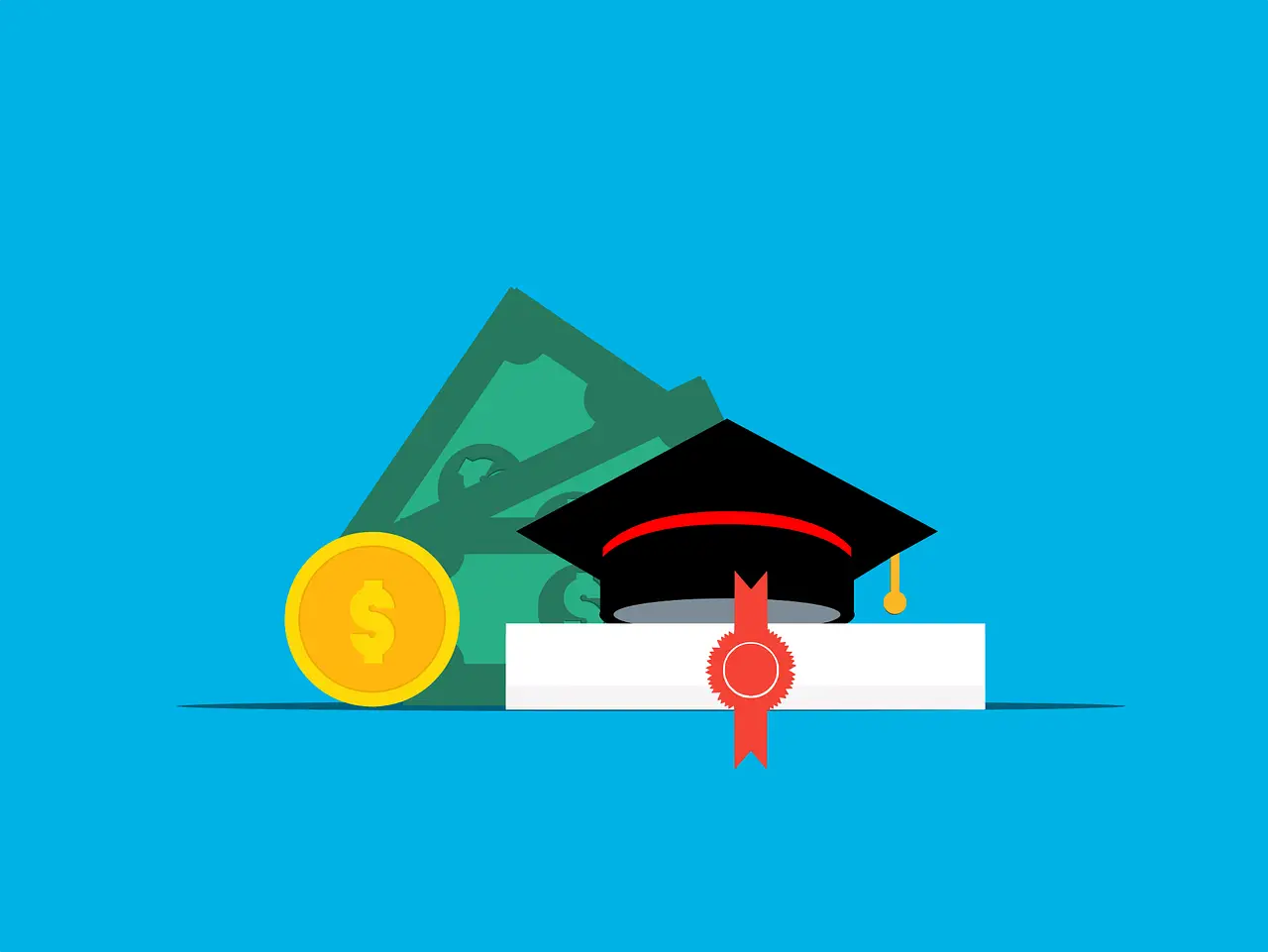College is a major transition. For many students, it is the first time handling money on their own, managing rent or meal plans, paying bills, and deciding how to borrow. It is also a time when financial missteps can pile up fast and stick around long after graduation.
The good news is that by knowing the most common money mistakes students make, you can avoid them and keep your finances on track. That means less stress during school and far less debt when you finish your degree.
Mistake 1: Over-Borrowing on Student Loans
Many students sign up for the maximum amount offered in federal loans without thinking about how much they actually need. This might pay for new furniture or frequent takeout, but it also means more interest down the line.
How to avoid it:
- Only borrow what you truly need to cover tuition and essential costs.
- Make a monthly budget to figure out exactly how much your expenses are.
- Return unused loan funds. If your financial aid office sends you a refund check that you do not need, you can give it back, which reduces your debt.
Mistake 2: Maxing Out Credit Cards
It is tempting to open a credit card for emergencies or rewards, but many students start using it for non-essentials. Credit card interest rates are often over 20 percent, so balances can balloon quickly.
How to avoid it:
- Only charge what you can pay off in full each month.
- Set up automatic payments to cover at least the minimum so you never miss one.
- Keep your credit utilization below 30 percent to protect your credit score.
Mistake 3: Ignoring Free Money by Skipping the FAFSA
Some students think the FAFSA is only for first-year applicants, or they assume their family will not qualify for anything. In reality, many grants, work-study programs, and even some scholarships require that you complete the FAFSA every year.
How to avoid it:
- Submit the FAFSA as early as possible each year, even if you think you will not get aid.
- Remember that Pell Grants and many state awards are based on your FAFSA results.
Mistake 4: Missing Out on Student Discounts
From software and streaming services to public transportation and local restaurants, student discounts are everywhere. Over four years, failing to use them can mean spending hundreds or even thousands more than necessary.
How to avoid it:
- Always carry your student ID and ask businesses if they offer a student rate.
- Use apps and websites like UNiDAYS or Student Beans that list deals by category.
Mistake 5: Not Using Campus Resources
Colleges have tons of free or low-cost support that students ignore, from financial counseling to food pantries to workshops on budgeting.
How to avoid it:
- Check your school’s student services page. Many campuses offer free financial coaching to help set up a budget or plan loan repayment.
- Look for free tutoring or writing centers instead of paying for private help.
Extra Tips to Stay on Track
- Track your spending. Use a simple spreadsheet or an app like Mint to see where your money goes each month.
- Build an emergency fund. Even putting aside a few hundred dollars from a campus job can prevent you from turning to high-interest credit cards.
- Live with roommates or at home if possible. Housing is often your biggest cost outside of tuition.
The Bottom Line
College is about investing in your future, but it should not set you up for decades of financial stress. Avoiding common mistakes like over-borrowing, running up credit card debt, skipping the FAFSA, and missing out on discounts can save you thousands of dollars by graduation.
Use the free resources on campus, keep a close eye on your budget, and be thoughtful about how much you borrow. That way, when you walk across the stage, your biggest concern will be what comes next — not how to pay off massive debt.







